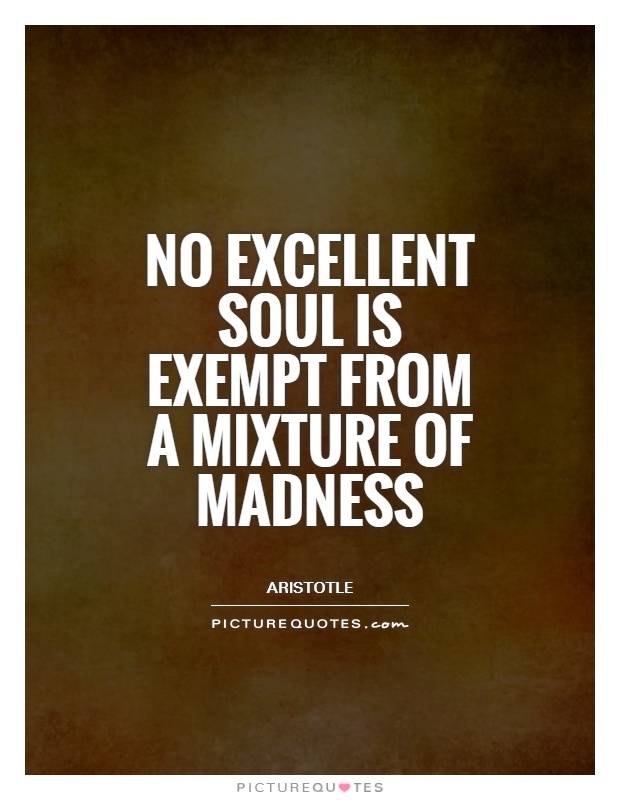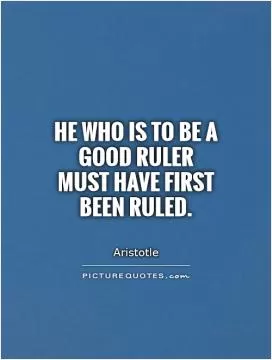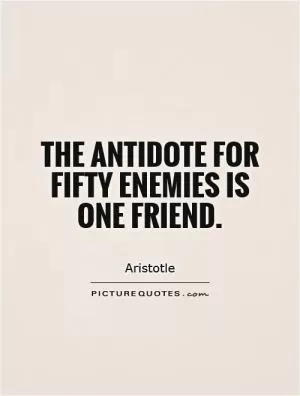No excellent soul is exempt from a mixture of madness

No excellent soul is exempt from a mixture of madness
Aristotle, one of the greatest philosophers in history, once said, "No excellent soul is exempt from a mixture of madness." This statement has been interpreted in various ways over the centuries, but at its core, it speaks to the idea that even the most brilliant and virtuous individuals are not immune to moments of irrationality or eccentricity.In Aristotle's view, madness was not necessarily a negative trait, but rather a necessary component of greatness. He believed that in order to achieve excellence in any field, one must be willing to think outside the box, take risks, and challenge conventional wisdom. This willingness to break free from societal norms and expectations can sometimes lead to behaviors that others may perceive as irrational or even insane. However, Aristotle argued that it is precisely this willingness to embrace madness that sets great souls apart from the rest.
One example of this concept can be seen in the lives of many famous artists and thinkers throughout history. From Vincent van Gogh to Nikola Tesla, these individuals were often considered eccentric or even mad by their contemporaries, yet their unconventional thinking and creative genius ultimately led to groundbreaking discoveries and works of art that have stood the test of time.












 Friendship Quotes
Friendship Quotes Love Quotes
Love Quotes Life Quotes
Life Quotes Funny Quotes
Funny Quotes Motivational Quotes
Motivational Quotes Inspirational Quotes
Inspirational Quotes